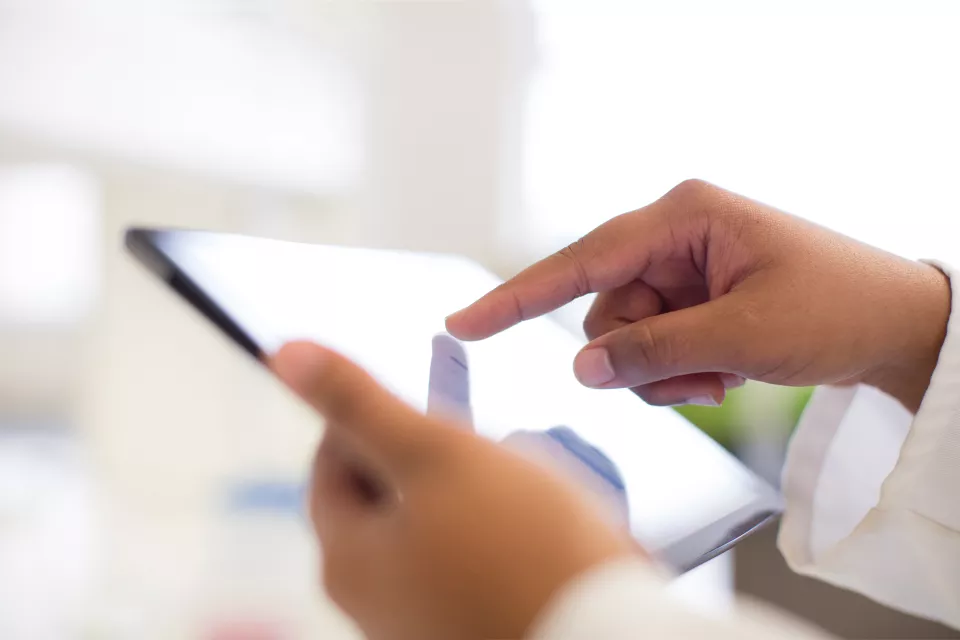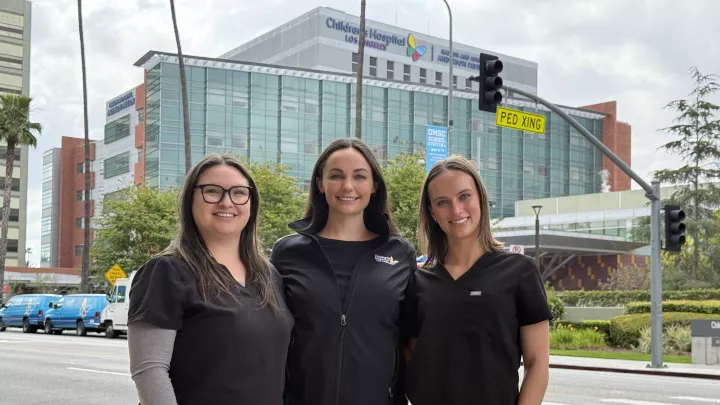About Us
The Office of Technology Commercialization (OTC) supports CHLA’s intellectual property and inventions - from inception to market - to maximize their impact on patient health. The OTC team facilitates the commercialization of intellectual property and inventions to build on CHLA’s financial strength, promote economic growth and commercial products to better serve future generations, and protect CHLA’s freedom to publish and conduct future research in our commercial agreements to advance knowledge.
CHLA Available Technologies for License or Partnership
Click here to explore technologies that are currently available for license
How We Support
The Office of Technology Commercialization (OTC) manages the intellectual property and inventions created or discovered at CHLA through invention and copyright disclosures provided to our team. We interact with industry and third parties to negotiate license, option, and equity agreements on behalf of CHLA, and we guide researchers and clinicians on the commercialization process of CHLA intellectual property and inventions from disclosure to the formation of startups.
Additionally, we collaborate with legal counsel for the protection of CHLA intellectual property and inventions as well as provide assistance with the intellectual property terms in material transfer agreements, sponsored research agreements, and collaboration agreements.

